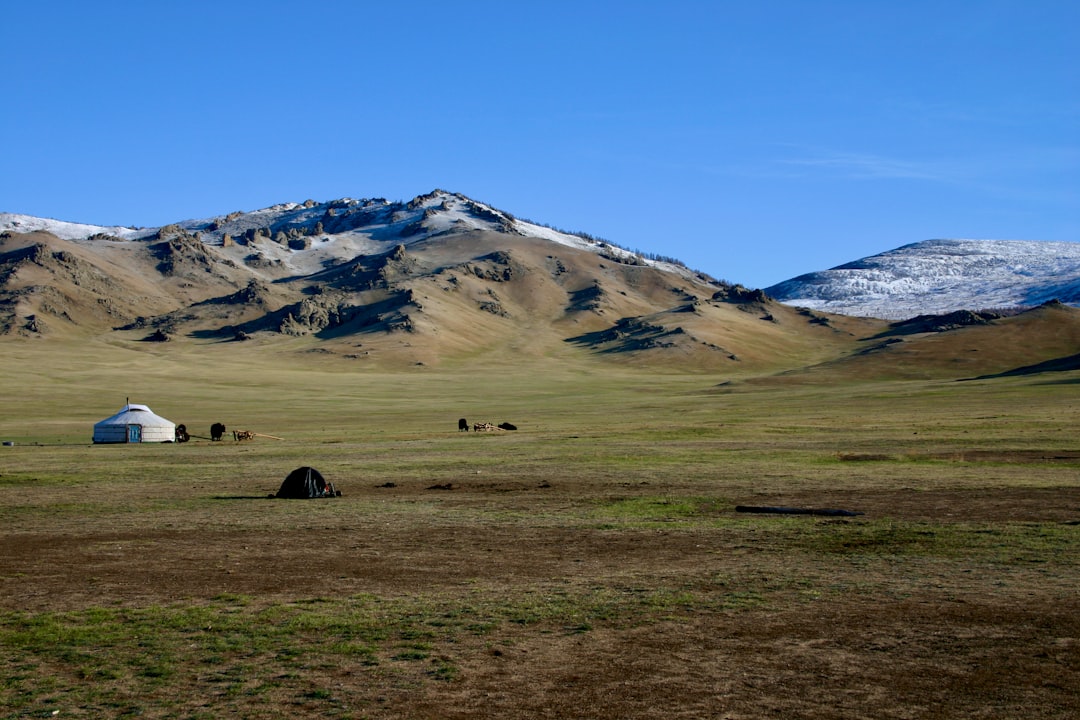What is it about?
We investigated how people's opinions on competence, assertiveness, morality, and warmth affect their trust in 45 different types of scientists (from agronomists to zoologists). Overall, people tended to trust scientists, but trust levels varied widely depending on the scientist's occupation. For example, political scientists and economists were the least trusted, while neuroscientists and marine biologists enjoyed the highest levels of trust. We found that perceptions of morality and competence were the biggest factors in determining trust. Crucially, the importance of morality (but not competence) varied depending on the scientist's job. Morality mattered most when it came to trusting scientists working on controversial topics like climate change.
Featured Image

Photo by Trust "Tru" Katsande on Unsplash
Why is it important?
Scientists are tackling major issues like climate change, protecting wildlife, stopping diseases, and making society more equal. However, not everyone trusts scientists enough to use their ideas to solve these problems. That is why it is crucial to understand why some people trust scientists more than others—this understanding will help us make progress in addressing these significant challenges
Perspectives
It disheartens me to learn that some people mistrust scientists - especially when I know how much passion, time, and effort scientists put into their work in the public's interest. I hope this article prompts the general public to consider why they trust (or not) scientists, and also to learn more about scientists' work in general. Additionally, I hope it encourages scientists to reflect on how they can enhance their transparency and trustworthiness in their work.
Vukašin Gligorić
Universiteit van Amsterdam
Read the Original
This page is a summary of: How social evaluations shape trust in 45 types of scientists, PLoS ONE, April 2024, PLOS,
DOI: 10.1371/journal.pone.0299621.
You can read the full text:
Contributors
The following have contributed to this page










